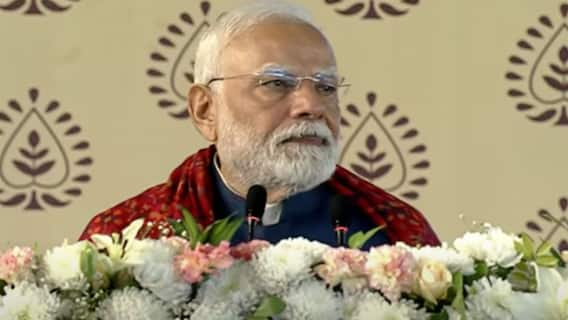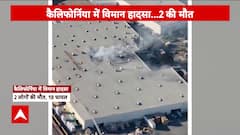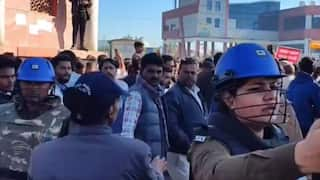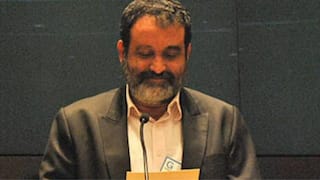Pentagon Chief Lands In Iraq As 20-Year Anniversary Of Invasion Nears, Says US Troops Ready To Stay: Report
Weeks ahead of the 20th anniversary of the US-led invasion that toppled Saddam Hussein, US Defence Secretary Lloyd Austin made an unannounced visit to Iraq.

US Defence Secretary Lloyd Austin made an unannounced visit to Iraq on Tuesday just weeks ahead of the 20th anniversary of the US-led invasion that toppled Saddam Hussein, Reuters reported. Austin, who is also the Pentagon chief, is the highest ranking cabinet official to visit Iraq since the beginning of the Joe Biden administration.
"I am here to reaffirm the US-Iraq strategic partnership as we move toward a more secure, stable and sovereign Iraq," Austin tweeted as he landed in Baghdad.
Austin, who in the midst of a multi-nation visit to the region, said Washington was committed to keeping its military presence in the country.
"US forces are ready to remain in Iraq at the invitation of the government of Iraq," Reuters quoted Austin as saying after meeting Iraqi Prime Minister Mohammed al-Sudani.
"The United States will continue to strengthen and broaden our partnership in support of Iraqi security, stability, and sovereignty," he said.
READ | 'Declaration Of War': North Korea Warns US Against Shooting Down Missile Tests
In March 2003, US forces invaded Iraq in an attempt to destroy Iraqi weapons of mass destruction (WMD) and end the dictatorial rule of Saddam Hussein. The invasion led to the deaths of tens of thousands of civilians.
Austin was the last commanding general of US forces in Iraq after the 2003 invasion.
Iraq had announced the end of combat operations by US-led coalition troops at the end of 2021 but some units remain deployed to provide advice and training.
Currently, the US currently has 2,500 troops in Iraq and an additional 900 in Syria to assist local troops in combating the Islamic State, an extremist outfit that seized swathes of territory in 2014.
However, Islamic State is far from the formidable force it once was even though militant cells are still believed to be operational across parts of northern Iraq and northeastern Syria.
Trending News
Top Headlines








































